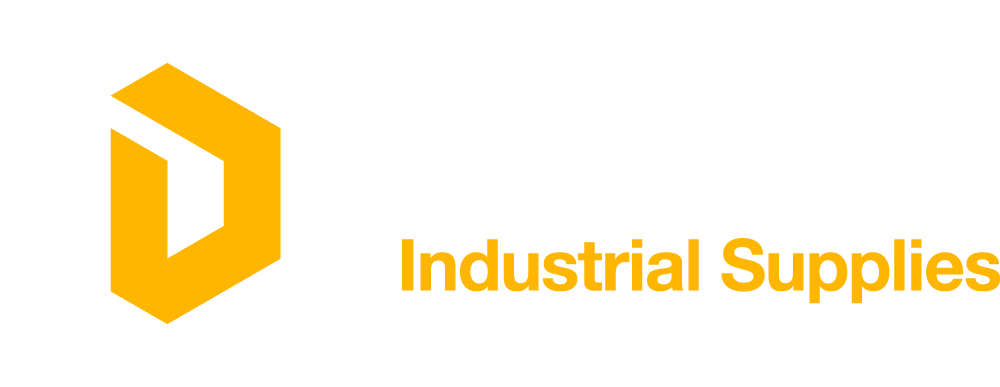A Quick Guide to Hi-Vis Protective Wear
Posted by Jill Glen on 13th Nov 2023
As with everything in the UK trade industries, there is a Safety Standard that Hi-Vis clothing needs to abide by, in this case EN 20471:2013. Under this standard, there are 3 classes of High Visibility clothing. These define how conspicuous the clothing needs to be and that takes into account the arrangement of the retroreflective tape, the amount of coverage it provides, and its colour.
The higher the class, the higher the cost, but prioritising safety is crucial when selecting clothing for your team. Here’s a quick guide to help you make the right choices
Types of High-Visibility Clothing
The lowest class of protection is torso coverage. For a garment to be ‘Class 3’ – the highest protection level - it must cover the torso and either sleeves or full-length trousers with retroreflective bands.
You can also buy high-visibility trousers, head and ear protection and more and these all have their place in different trades. Reflective helmets enhance visibility from high angles, making it easier for crane operators to avoid accidents with swinging equipment.
Choosing the Right Hi-Vis Colour
We’re all familiar with bright yellow and orange hi-vis, but there are also options for blue, pink, and black. Darker colours may work well for daytime workers, but at night the reflective stripes will be the only visible parts which is not a good choice.
There isn’t much to separate yellow and orange in terms of performance, but you might consider mixing and matching different reflective materials. For instance, wearing an orange hi-vis jacket with a yellow helmet can help to draw attention to different body parts and may help prevent accidents.
Considering Working Conditions
Two more things need to be taken into consideration – how much people are moving about, and what the geography of the worksite is like. Workers standing still for extended periods may not require full-body reflective clothing, whereas those in motion should wear at least Class 2 clothing for increased visibility. Similarly, workers on uneven terrain should go for a higher class of hi-vis clothing to ensure that when they are on lower ground they are still easily visible.
View our full range of High
Visibility Clothing and Accessories here, or if you are still not sure what
your team needs, visit one of our trade counters and our team will be happy to talk
you through the available options.

